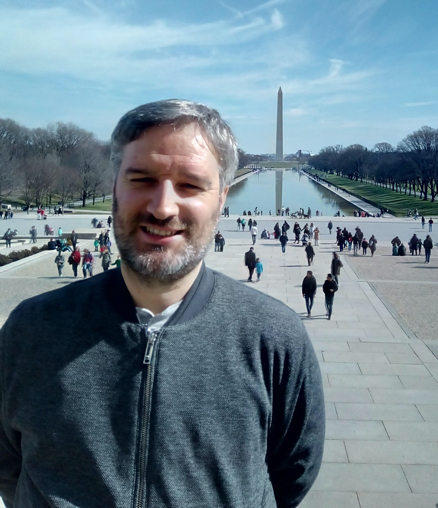I am an Assistant Researcher Técnico Lisboa. I am also the data science lead at prsma.com (BrightCuriosity, Lda.).
In 2007 and 2011, respectively, I received an engineering degree in Informatics and a masters of science in Computer Science, both from the University of Madeira. In 2016 I received a PhD degree in Computer Science, also from University of Madeira.
I am a member of the IEEE (Computer, Power & Energy, and other societies) and ACM (SIG Energy). I am also a full member of the Portuguese board of Engineers (Ordem dos Engenheiros) since 2011.
This is my personal and (mostly) professional website, and I will do my best to keep it up-to-date.

